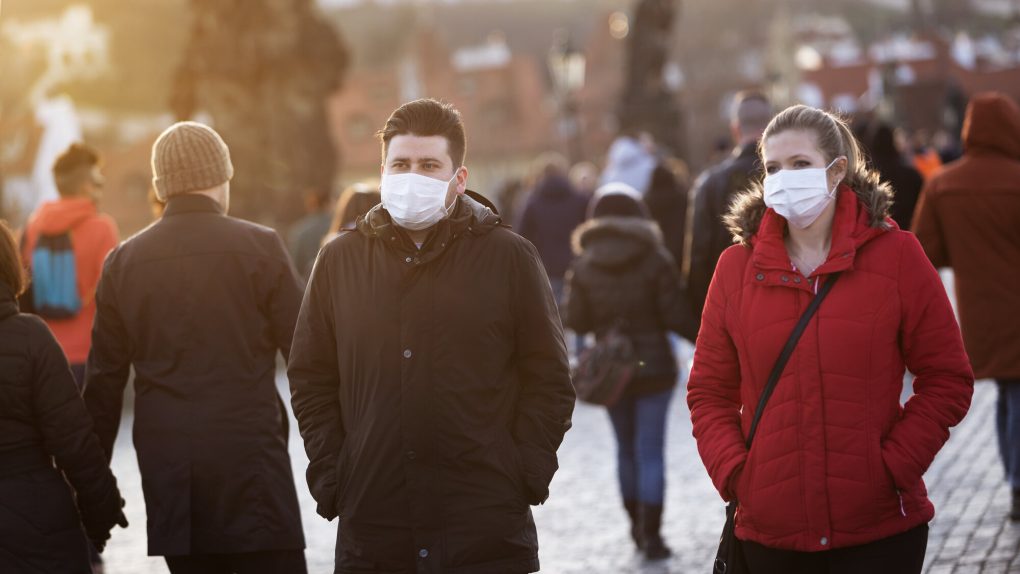- A new Stanford study found that nearly 50% of colleges and universities experienced a spike in COVID-19 infections within 2 weeks of classes starting this past fall.
- Adhering to coronavirus safety guidelines is especially crucial on college campuses where thousands of students interact with each other in close proximity.
- Strict restrictions on campus are important because superspreader events can be devastating. One biotech conference last year is believed to be responsible for upwards of 300,000 COVID infections around the world.
It’s no secret that places where hundreds and thousands of people congregate are uniquely positioned to become superspreader events. Whether it be something as large as a live sporting event or something much smaller like a wedding, any gathering of people can cause a huge spike of coronavirus infections.
As a prime example, a biotech conference held at a Boston hotel last February may have ultimately spread the virus to upwards of 330,000 people across the globe.
A research study on the event, published in the journal Science last month, reads in part:
Because SARS-CoV-2 viruses circulating at the conference happened to be marked by distinct genomic signatures, we were able to track its downstream effects far beyond the superspreading event itself, tracing the descendants of the virus as they made a large contribution to the local outbreak in the Boston area and as they spread throughout the US and the world, likely causing hundreds of thousands of cases.
In light of the above, it should come as no surprise that college campuses represent a prime location for superspreader events. Not only are college campuses densely packed with thousands of students who often live in close quarters, but college students as a group are less likely to adhere to coronavirus safety guidelines relative to the population at large.
In a recent Stanford study on the issue, researchers looked at the incidence of coronavirus outbreaks at 30 colleges and universities last fall. The study found that nearly 50% of schools saw a spike in COVID cases within two weeks of the start of the fall semester.
That notwithstanding, the study found that most institutions were able to keep widespread outbreaks from taking over campuses.
Interestingly, the majority of colleges and universities were able to rapidly manage their outbreaks and suppress campus-wide infections, while the neighboring communities were less successful in controlling the spread of the virus. As a result, for most institutions, the outbreak dynamics remained manageable throughout the entire fall of 2020 with narrow spikes of less than 300 cases per day.
Consequently, the study found that it’s not outlandish to suggest college students return to campus if regular testing protocols can be implemented.
Incidentally, another study with a focus on COVID transmission on college campuses found that mask-wearing, social distancing, and regular COVID testing — when taken together — are 92% effective at preventing COVID-19 outbreaks.
Of course, this is a workable solution more so in theory than in practice. The reality is that regular COVID testing across a university — especially one with thousands of students and faculty members — can put an incredible financial and logistical strain on schools.
In light of the above, it’s imperative for college students — and the general public at large — to follow basic coronavirus safety guidelines like social distancing and proper hand hygiene. It’s also important to follow Dr. Fauci’s advice and avoid bars, restaurants, gyms, and indoor gatherings.








